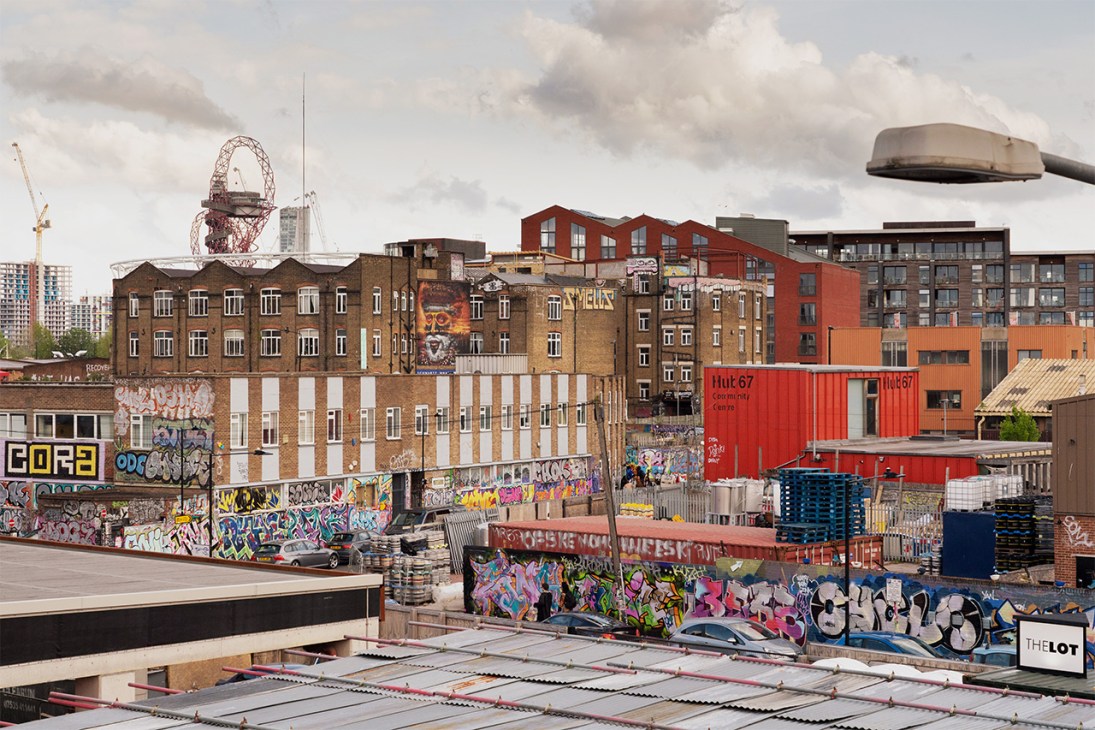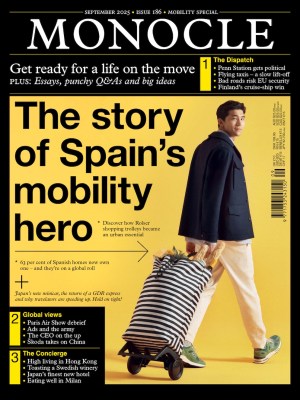The recipe is a familiar one in cities around the world. Artists find cheap real estate in a dodgy neighbourhood and they set up studios, experimental theatres, underground music venues and all manner of creative spaces. Over time, the artsy reputation builds cachet and once property developers catch on, the artists are suddenly on the back foot. If they’re renters, they face eviction. If they own (they rarely do), then property taxes skyrocket.
The situation has become particularly dire in London. A 2023 report by the mayor’s office found that there were fewer cultural spaces in the UK capital than five years earlier, with nearly a third facing closure. High property prices are typically the culprit but sometimes there are other issues, such as a resolvable tenant-landlord dispute or a venue operator being unaware that it qualifies for a business-rate discount.

Justine Simons, deputy mayor for culture and the creative industries, says that these business and bureaucratic challenges are a distraction. “If you’re an artist in a studio, your main focus is making great work,” she tells Monocle. “You’re not a property developer or a landlord.”
To alleviate these burdens, Simons created the Culture at Risk Office: a team that advocates for venue owners and operators in complex property negotiations, while helping them to navigate civic red tape. To borrow a pop culture metaphor, it serves as a “Batphone” – a line for London’s creatives to call when they find themselves in distress. “We’re focused on protecting spaces that don’t benefit from heritage protection like a grand theatre or a big museum does,” she says.
Since the coronavirus pandemic, the Culture at Risk Office has worked on more than 1,500 cases, with many notable successes. Last year, the Camden Arts Centre signed a new lease with its borough thanks to the team’s intervention. Ringing the “Batphone” brought Hackney-based LGBTQ arts space Playbody and art studio VFDalston welcome business-rate rent reductions. The office also provides ongoing legal support to artist collective V22 as they renegotiate its lease.
Inspired by the London initiative, Gotham creatives are now benefitting from a Batphone-style hotline of their own. In December, New York mayor Eric Adams established the NYC Create in Place programme, which provides support for creative spaces. To date, 54 cultural organisations in the Big Apple have reached out for help, including a puppet theatre in Bushwick, the New York City Fire Museum in Lower Manhattan and a storied African-American theatre company.
While London has often dealt with at-risk spaces that are under threat of eviction, New Yorkers seem to be planning ahead. “The largest requests for assistance that we’ve encountered are from groups looking to expand or secure a new space,” says Anne del Castillo, senior policy advisor for creative sector strategy at the Department of Cultural Affairs. “Those that are aware of the challenges posed by our city’s high cost of living are looking to think and act strategically before they’re faced with a crisis.”
London, in turn, has borrowed an idea from San Francisco. In 2013, Bay Area organisations Kenneth Rainin Foundation and Community Vision created the Community Arts Stabilization Trust (Cast), a property developer that secures buildings for arts organisations. Ownership provides firm footing for creative companies to grow their audience, expand their programming and raise enough money to buy the building.
Seeing the potential for something similar in the UK, London City Hall and Arts Council England set up the Creative Land Trust in 2019, with £6m (€6.93m) in funding to help keep rent affordable for artist spaces. By the end of this year, the trust will own more than 4,000 sq m of precious London real estate, serving nearly 200 creatives with critical workspace. The initiative complements existing British variations of the concept, such as the Music Venue Trust.
Has the recent trend of closures and evictions at funky artist colonies, beloved live music stages and storied nightclubs in the UK capital finally been reversed? Simons is cautiously optimistic. “The short answer is yes but we’re not out of the woods yet.”
Scruggs is Monocle’s Seattle correspondent.



